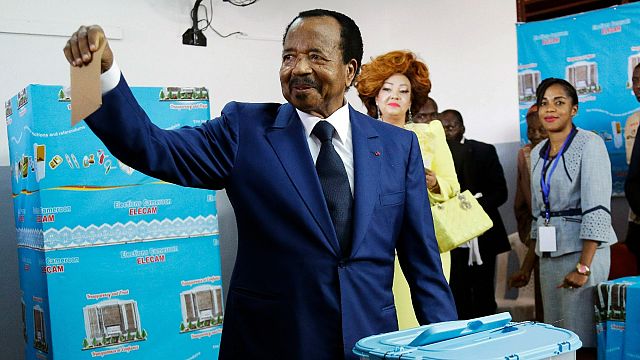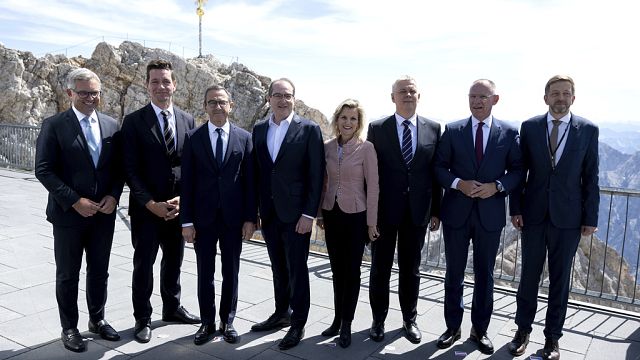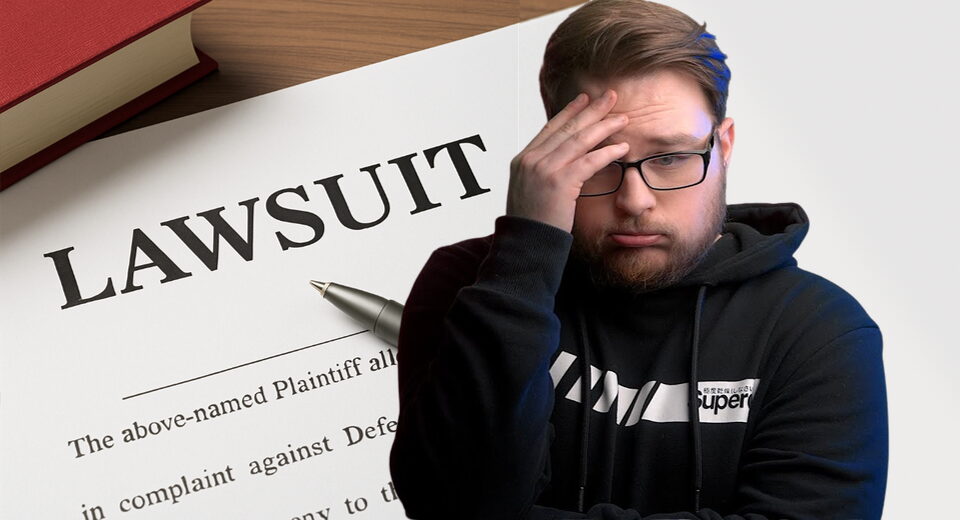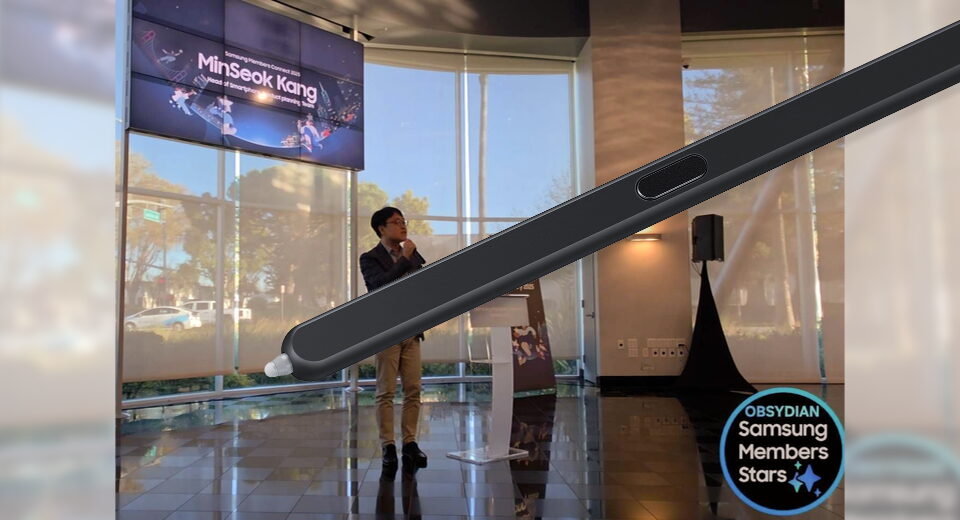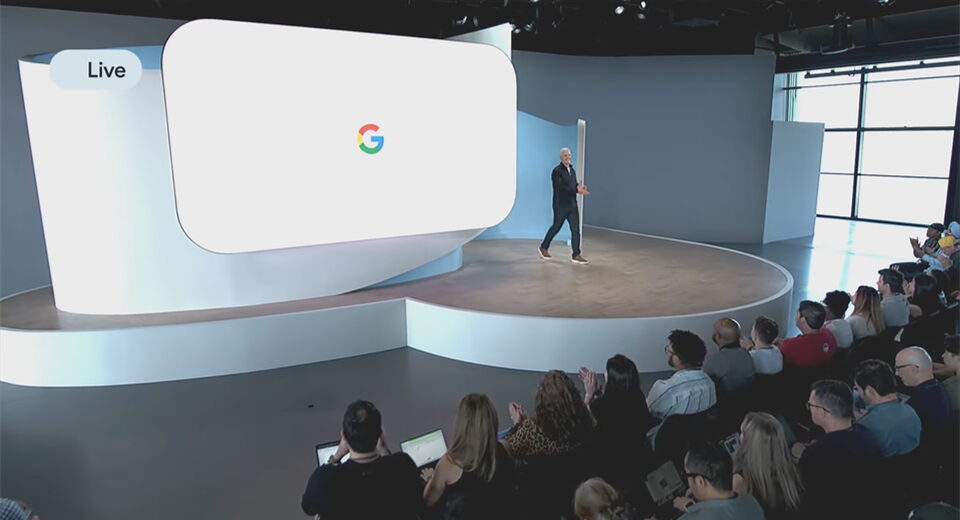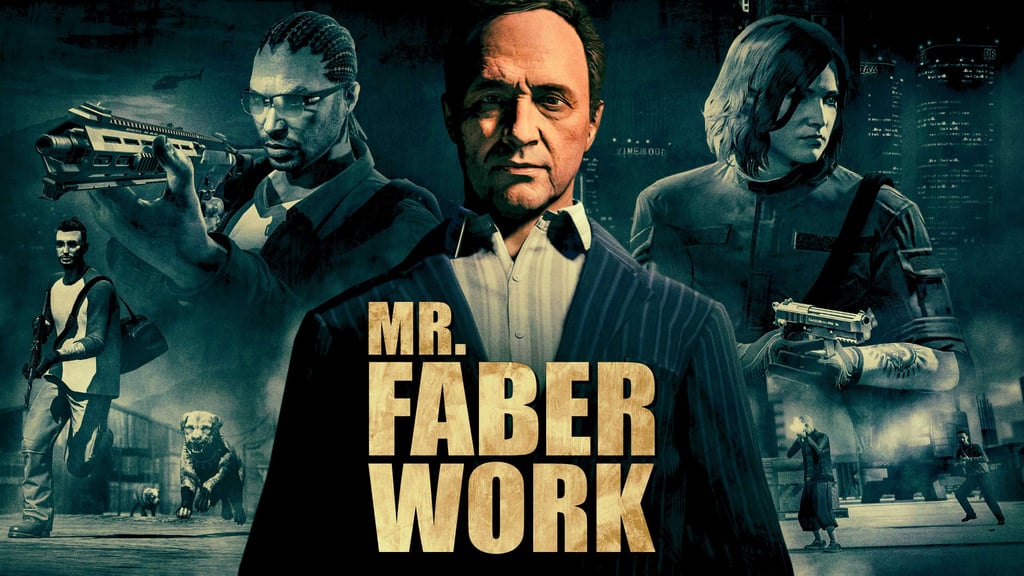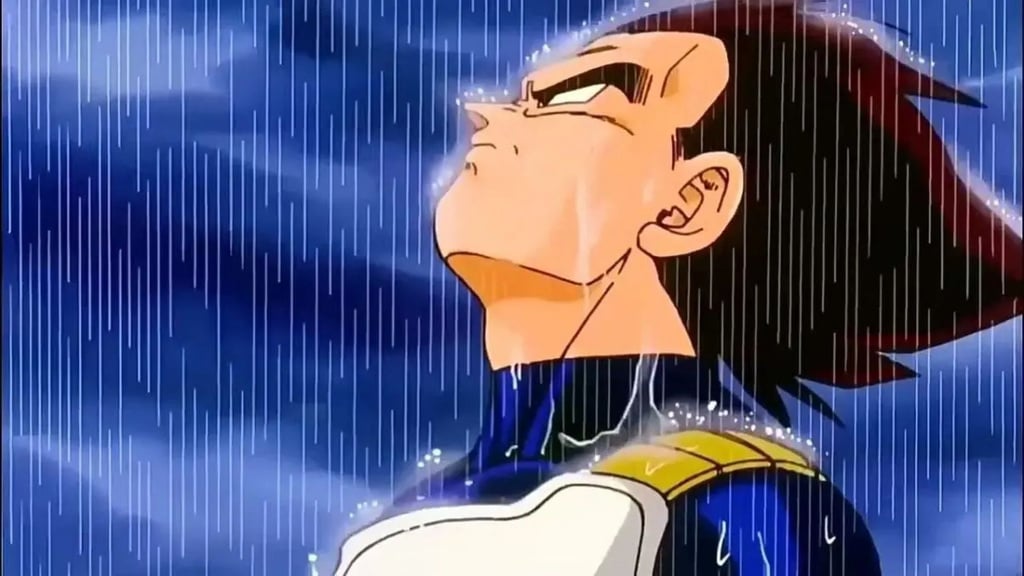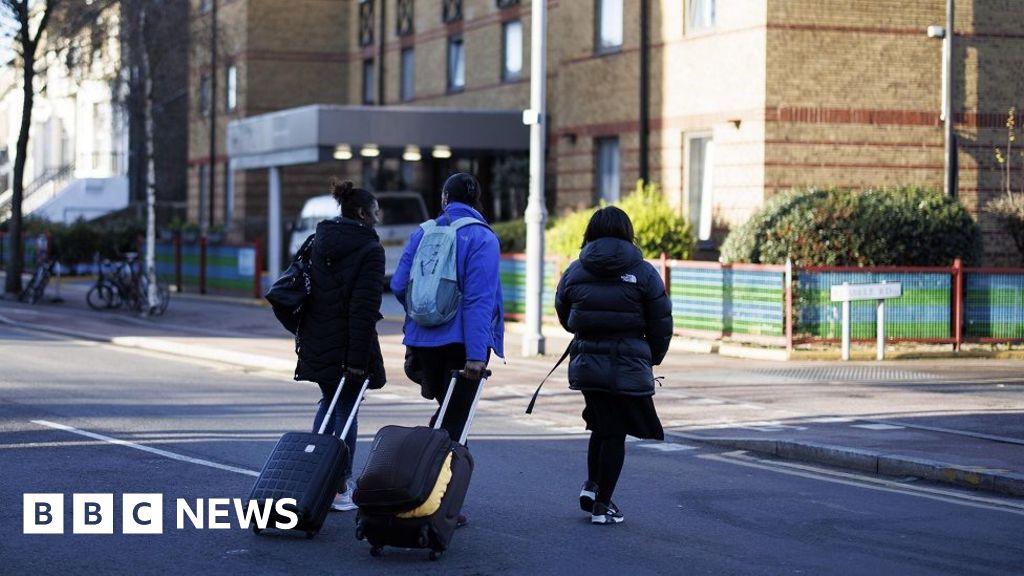When It Comes to Jeffrey Epstein, Trump Says He Is Ready to Defer to the Courts


For months, President Trump has maligned federal judges who rule against his agenda as politically motivated usurpers, referring to them as “U.S.A.-hating judges” and calling for their impeachment. At times, he has called into question the constitutional role of the courts as a check on the presidency.
“He who saves his Country does not violate any Law,” he posted to social media, while his administration claimed expansive powers to unilaterally deport migrants and defund federal programs.
But in the case of Jeffrey Epstein, Mr. Trump has taken a different view. In this instance, according to a statement the president posted Thursday night, judges have an important role to play in deciding whether and when grand jury materials related to Mr. Epstein’s indictment for sex trafficking can be released to the public.
“I have asked Attorney General Pam Bondi to produce any and all pertinent Grand Jury testimony, subject to Court approval,” Mr. Trump said on social media on Thursday. The post came shortly after The Wall Street Journal reported on a 50th birthday greeting it said Mr. Trump sent Mr. Epstein in 2003, including a sexually suggestive drawing, an expression of friendship and a reference to secrets they shared. The New York Times has not verified the report.
The idea that a judge should make the final decision about the release of grand jury testimony is normal criminal procedure. “It is illegal to release this material,” Benjamin Wittes, the chief editor of Lawfare and a fellow at the Brookings Institution, wrote in an article arguing against its release. “It’s not a choice the attorney general gets to make.”
Evidence presented to the grand jury often includes sensitive information and unproven allegations. The proceedings are kept secret to help gather evidence from witnesses and protect targets of a criminal investigation who might not ultimately be charged.
So under any previous presidential administration, Mr. Trump’s assertion that judges should have the final word on the release of grand jury material would be unremarkable. But his White House has repeatedly sought to undermine both the constitutional role and the public prestige of the judiciary.
The administration’s most intense rhetoric has been directed at district-court judges — the same ones who oversee grand juries and criminal trials. The administration now appears ready to defer to them on how much Epstein-related grand jury material the public should see.
In an emailed statement on Friday, a White House spokeswoman said that comparing Mr. Trump’s stance on Epstein grand jury material with his “well-warranted criticisms of out-of-control district-court judges” was a “false equivalence.”
“The New York Times is comparing apples to oranges to fuel their narrative of the day,” wrote Abigail Jackson, the spokeswoman.
One legal scholar said it was reasonable to take a holistic view of Mr. Trump’s approach to the courts. The president’s statement on Thursday about grand jury testimony amounted to “flip-flopping on the role of judges” when compared to his pattern of hostility toward the courts and judicial review, said Judith Resnik, a law professor at Yale.
“If you believe in the rule of law, you ought to believe that judges have an important role to play in articulating the parameters of lawful actions — not sometimes, but always,” she said.
In other matters, the administration has made clear its view that individual district-court judges wield too much power. According to statements by Mr. Trump and his administration, the judges who have ruled against their agenda include a “far-left activist” and a “radical left lunatic.” Mr. Trump is not the first president to criticize unfavorable rulings, but the severity and tone of his statements about individual judges, as well as his calls for judges to be impeached, have prompted some to urge him to tamp down his language in the face of rising threats to judges.
And a Justice Department whistle-blower has charged that in private, the administration’s disdain for the judiciary goes even further, claiming that he heard one senior official say the government would need to consider ignoring its obligation to follow court orders. That official, Emil Bove III, was later nominated by Mr. Trump to an appellate judgeship. Mr. Bove told lawmakers that he had never advised colleagues to violate a court order; other Justice Department officials denied the allegations.
What's Your Reaction?
 Like
0
Like
0
 Dislike
0
Dislike
0
 Love
0
Love
0
 Funny
0
Funny
0
 Angry
0
Angry
0
 Sad
0
Sad
0
 Wow
0
Wow
0




